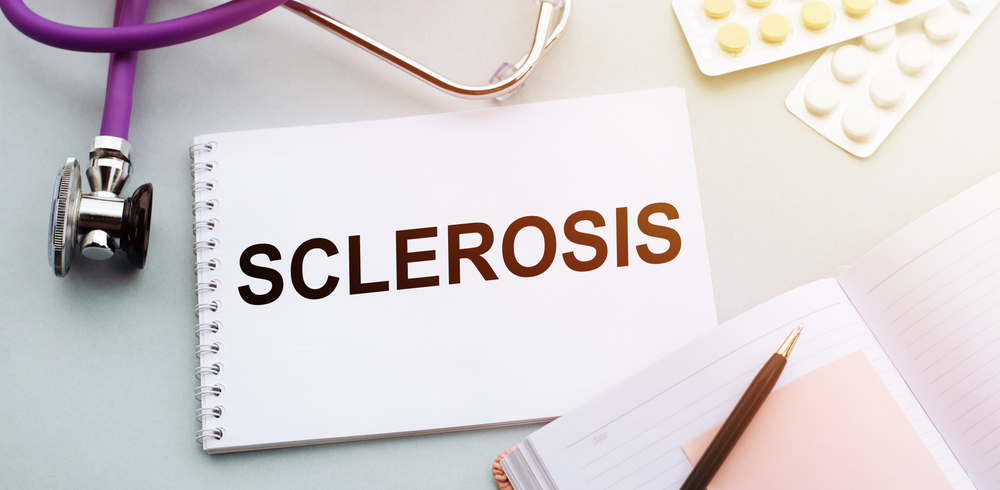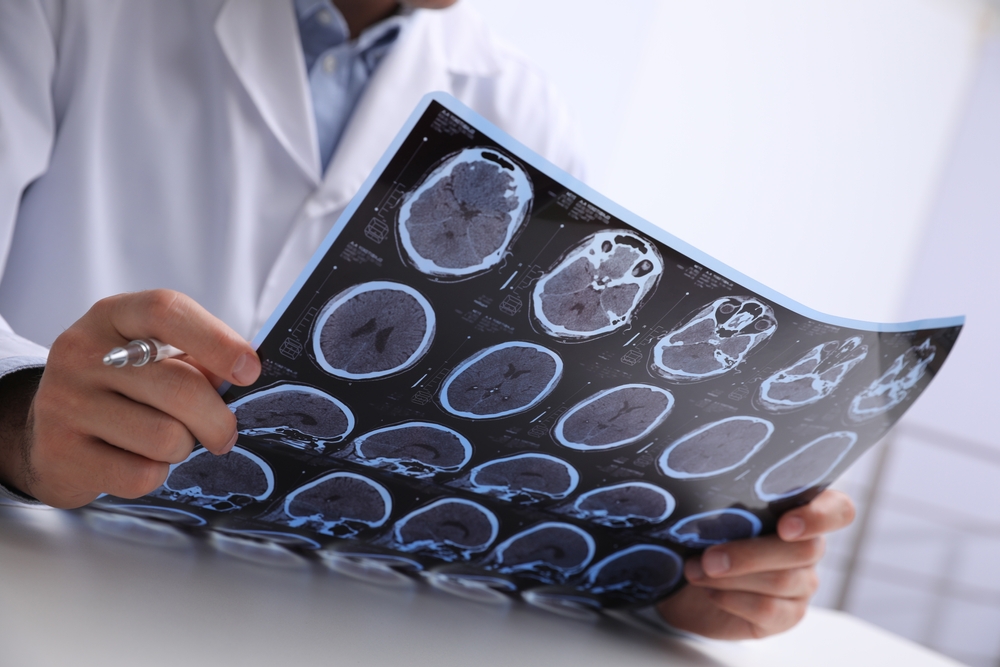Multiple
Book an
Multiple sclerosis (MS) is a chronic autoimmune condition that leads to decreased mobility and range of motion, along with many other symptoms. At Swetech Medical Center in Clinton Township, MI, we use targeted, personalized, osteopathic treatment to help our patients find relief from the symptoms of MS and minimize their suffering so they can live a full life despite this debilitating disease.


Symptoms of Multiple
When a person has multiple sclerosis, their body’s immune system is compromised and attacks the central nervous system, damaging the myelin, the protective covering that surrounds and insulates nerve fibers and the spinal cord. As a result of this destruction, communication between the brain and the body is interrupted or completely stopped.
This reaction can produce a variety of neurological symptoms that vary in type and severity depending on the amount of nerve damage a person with MS has suffered and which nerves are affected. Symptoms can include:
- Fatigue
- Pain
- Numbness or tingling
- Weak limbs
- Impaired coordination
- Involuntary muscle spasms
- Vision problems
- Dizziness
- Walking difficulties
- Bladder or bowel problems
- Mood swings and depression
Who Is at Risk of Developing Multiple
The cause of MS is still unknown. While it is not a contagious disease or directly inherited, scientists believe that a combination of environmental and genetic factors combine to trigger the disease, including abnormalities in the immune system, gender, age, geography, and ethnic background.
- Most people are diagnosed with MS between the ages of 20 and 50, though it can develop at any age.
- MS is three times more common in women than men.
- MS occurs in most ethnic groups but is most common among Caucasians.
- If you have an existing autoimmune condition, you have a higher risk of developing MS.
- Your risk of developing MS increases if you have a parent or sibling with the disease.


Types of Multiple
There are four main ways that MS can progress, also known as types or disease courses:
- Clinically isolated syndrome (CIS): When a person experiences only one episode of neurologic symptoms that lasts for at least 24 hours and is caused by inflammation and damage to the myelin (demyelination), this is known as a clinically isolated syndrome. This condition does not yet meet the criteria for a diagnosis of MS but is characteristic of MS and, when accompanied by brain lesions on an MRI, indicates a likelihood of future episodes of neurologic symptoms.
- Relapsing-remitting (RRMS): Relapsing-remitting multiple sclerosis is the most common type of MS and includes clearly defined attacks of new or increasing neurologic symptoms followed by periods of remission when most or all symptoms disappear. Relapses can be active with or without worsening symptoms.
- Secondary progressive (SPMS): This type of MS follows an initial RRMS course. Some people who are diagnosed with RRMS may eventually transition to secondary progressive multiple sclerosis where the neurologic function is progressively worsening.
- Primary progressive (PPMS): Primary progressive multiple sclerosis is characterized by an accumulation of disability from the onset of MS symptoms, without early relapses or remissions. While each person’s experience with PPMS is unique, there can be brief periods in which the disease is stable, with or without relapse, and periods when increasing disability occurs with or without relapses.
Get Treatment for MS in
Clinton
Multiple sclerosis is an incurable condition, and its severity varies for each sufferer. With support from the doctors of osteopathy at Swetech Medical Center, you can recover more quickly from flare-ups, extend remission, and be in control of your symptoms.
Your autoimmune system has presented you with challenges and complications, but our team is here to help you identify triggers and implement lifestyle changes that can make all the difference in living with this chronic condition. Contact us today to schedule your appointment in Clinton Township, Michigan.
